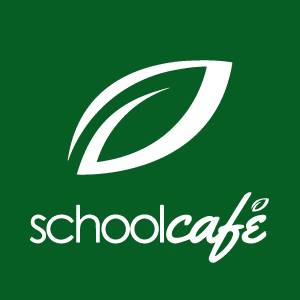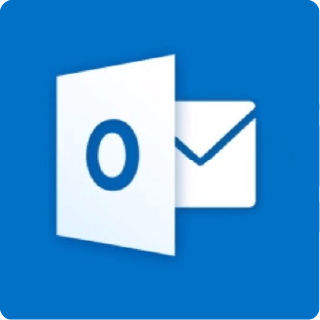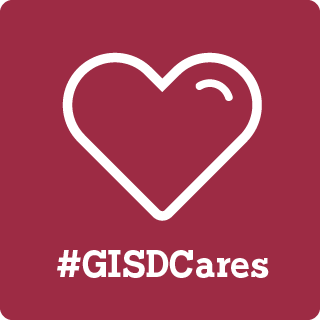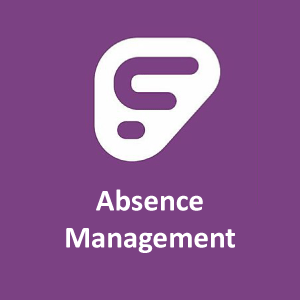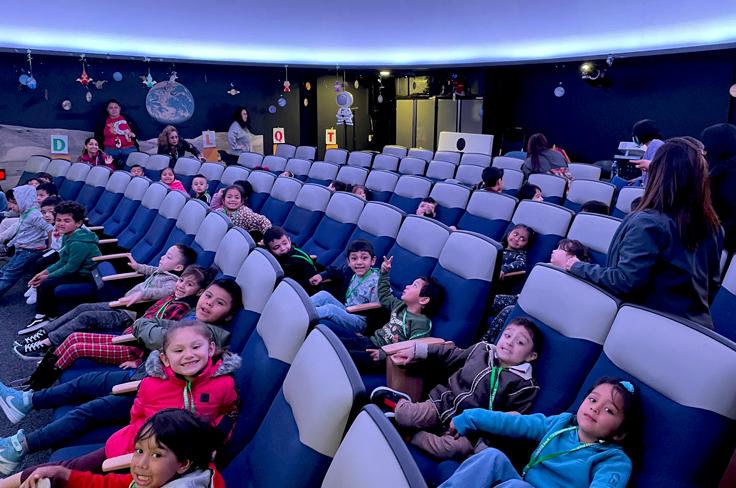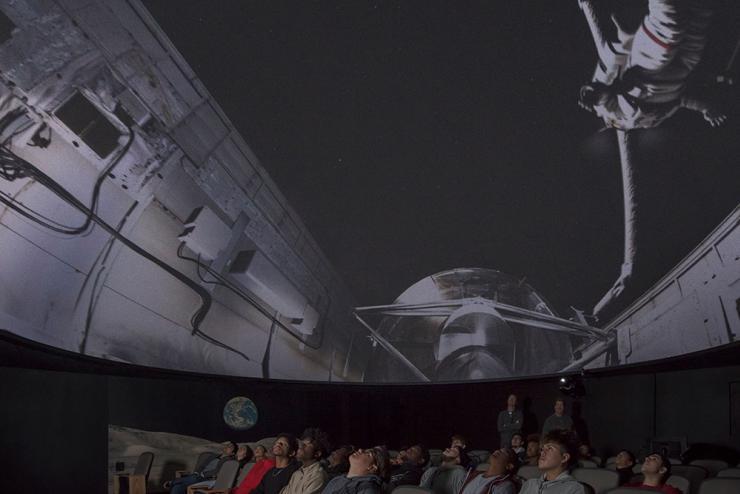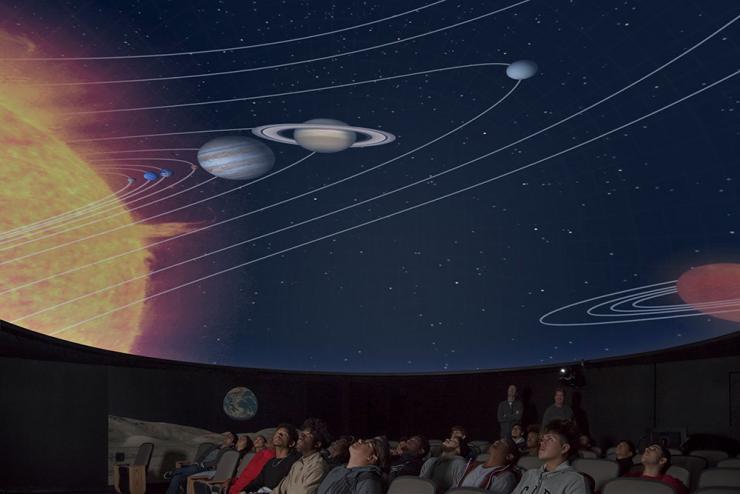
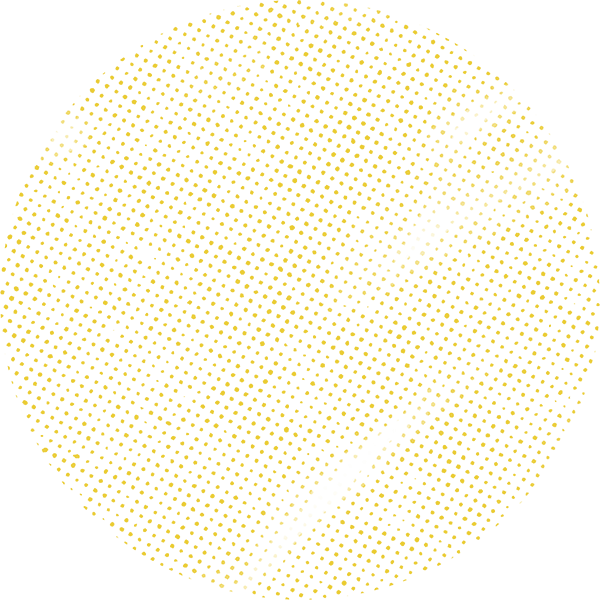

Garland ISD Planetarium
The state-of-the-art, 360-degree domed screen with interactive simulations allows district teachers to take their lessons to the next level.

The Garland Independent School District Planetarium at Lakeview Centennial provides a mesmeric and interactive experience for our students, employees, and their families. Using the Starry Night and Layered Earth software, we can stimulate the day and night sky at any location on Earth during past, present, and future time periods.
We currently offer programs for prekindergarten and kindergarten, third-grade, fourth-grade, fifth-grade, and high school astronomy students. During the spring of the 2022 school year, we will partner with our elementary schools to host family science night at the planetarium.
The GISD Planetarium is just one of many ways that Garland ISD is helping students reach the stars.
M2G partnership
Our district has partnered with the planetariums Mesquite ISD and Grand Prairie ISD to create M2G.Space. This partnership works to help provide learning opportunities for students and families as well as support our community learning more about NASA and our universe.
AstroExplorer Badge Challenges
These button badge challenges provide enrichment opportunities for students, families, and educators to learn more about NASA and our universe. Each challenge has a reward:
- Every student who completes the challenge will receive an AstroExplorer Button Badge and certificate.
- Europa Challenge: Student's names will also be engraved on the Europa Orbiter
- NASA Art Challenge: Top winners will receive an autographed book by NASA's exoplanet hunter Dr. Anjali Tripathi.
Upcoming challenges
Expand AllEuropa Challenge (9/20-11/17)
Complete the Europa Challenge and get your name engraved on the Europa orbiter!
All ages are welcome to participate. The challenge is due on Nov. 17.
After participating, we will send your certificate and button to you school and add your name to the NASA Europa Clipper's Message in a bottle.

Instructions
Lower grade levels
This version was created for prekindergarten, kindergarten, and students who struggle with reading:
- Print the Europa coloring sheet
- Watch the video about Europa
- Open the Google Slides presentation with instructions for the drawing.
- Fill out the Lower Grades Challenge Google Form and upload your drawing.
- Take a moon selfie on Oct. 21 and email it to GISDPlanetarium@garlandisd.net (as part of NASA's International Moon Night)
Any grade level
- Open the Challenge Notebook Google Slides presentation. Make sure you are logged in to Google Drive because it will save in your drive.
- Read and/or listen to information about Europa.
- Watch the video at the end of the notebook and complete the one question challenge.
- Fill out the Any Level Challenge Google Form.*
- Take a moon selfie on Oct. 21 and email it to GISDPlanetarium@garlandisd.net (as part of NASA's International Moon Night)
*If your challenge answer does not submit on the form, please ask your teacher for help.
3rd Annual NASA Art Challenge (9/20-3/8/24)
Students in grades PreK-5 can enter a piece of art to win a book autographed by NASA's exoplanet hunter, Dr. Anjhali Tripathi
To enter, create a piece of art of one of the newly discovered exoplanets/solar systems in celebration of Dr. Tripathi's research!
The NASA Art Challenge ends on March 8, 2024.

How to enter
- Research Exoplanets and Dr. Tripathi's work at exoplanets.nasa.gov.
- Create a piece of art featuring at least one real exoplanet (can be any form/media).
- Write about your art on a separate paper and list your name, age, grade, school, teacher.
- Give your finished art and paper with your information to your teacher before March 8.
What exoplanets are
Exoplanets are any planets beyond our solar system. Exoplanets tend to orbit other stars. Some, called rouge planets, are free-floating exoplanets that orbit the galactic center instead of a star.
About Dr. Tripathi
Dr. Anjali Tripathi is an astrophysicist and works for NASA as the Science Ambassador of their Exoplanet Exploration Program. She serves as the program's lead science communicator, aiming to make science accessible to others. She has researched how exoplanets form and lose their atmospheres.
Before working on exoplanets, she led science and climate policy at the Whitehouse and earned several degrees from renowned schools:
- PH.D. and Master of Arts in Astrophysics from Harvard
- Master of Philosophy in Astronomy as a Marshall Scholar from the University of Cambridge
- Bachelor of Science in Physics from MIT
Total Eclipse Challenge (3/1/24-4/8/24)
The Solar Eclipse Challenge will begin on March 1.
Get your special eclipse glasses ready! The eclipse happens on April 8 at 12:23 p.m.
STAAR Review (3/18/24-5/15/24)
The STAAR Review challenge will open on March 18, 2024.
Need hard copies for the challenges? See:



